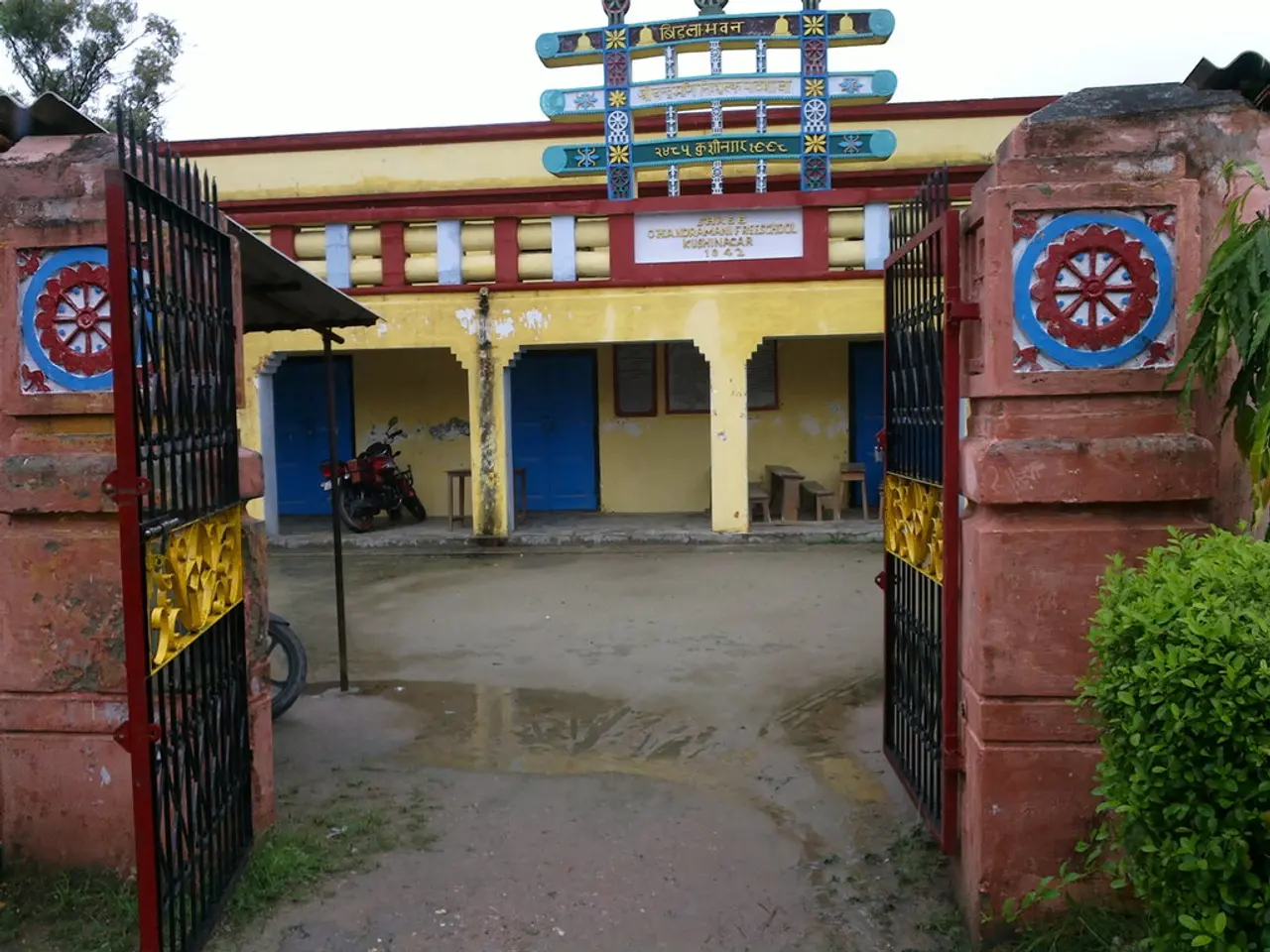Bitcoin Mining in a Texas Town Causing Health Discomfort and Unhappiness
In the small town of Granbury, Texas, residents have been facing an unexpected challenge - a Bitcoin mining facility operated by MARA Holdings. The operation, which began in 2022, has been the source of persistent noise pollution, leading to a range of health issues for those living nearby.
The noise, described as low-frequency and inescapable, has been linked to chronic health problems such as constant headaches, vertigo, and emotional distress. Some residents have reported sleep disturbances, heightened stress levels, and an increased risk of cardiovascular problems. The noise has also been said to affect animal health, inducing anxiety in horses and possibly contributing to the death of one horse.
In October 2024, over two dozen residents filed lawsuits against MARA Holdings, alleging that the facility violates zoning laws and constitutes a public nuisance due to the incessant noise. The facility had previously faced noise violation charges against its site manager, who was acquitted by a Texas jury in 2024. However, community grievances have continued unabated.
The situation in Granbury highlights broader tensions in Texas, where significant energy demands from Bitcoin mining operations conflict with local quality of life and regulatory frameworks. Legal experts describe the noise pollution as a unique and particularly harmful type, distinct from typical urban or traffic noise, making mitigation challenging.
Residents narrate a sense of an "invisible force" damaging their well-being and daily life, with some stating the situation commands urgent corrective action. The facility, acquired by MARA from Compute North in January 2024, has been contributing to increasing energy consumption in Texas.
MARA Holdings, one of the largest cryptocurrency mining firms in the U.S., has not publicly commented on the health concerns raised by the Granbury residents. Some residents do not attribute blame to President Trump or the Bitcoin industry as a whole, but instead hold the individual companies responsible.
A new video from the nonprofit More Perfect Union highlights ongoing complaints from residents in Granbury about the Bitcoin mining facility. As the case continues to unfold, the town's residents hope for a resolution that addresses their concerns and restores peace to their community.
[1] ABC News, "Residents in Texas Town Sue Bitcoin Mining Company Over Noise Pollution," 2024. [2] The New York Times, "Health Concerns Rise in Texas Town Near Bitcoin Mining Facility," 2024. [3] CNN, "Bitcoin Mining Facility in Texas Faces Legal Action Over Noise Pollution," 2024. [4] The Washington Post, "Texas Residents Battle Bitcoin Mining Facility Over Health and Quality of Life Concerns," 2024.
- The persistent noise pollution from the Bitcoin mining facility operated by MARA Holdings in the health-and-wellness aspect of the Granbury residents, causing chronic health problems such as constant headaches, vertigo, and emotional distress.
- The environmental-science community is raising concerns about the impact of Bitcoin mining facilities on the well-being of both humans and animals, due to the unique and particularly harmful nature of the noise pollution they generate.
- Residents of Granbury are calling for science and technology companies, including those involved in blockchain and cryptocurrency, to address the negative effects of their operations on the community, and to prioritize responsible environmental practices in their facilities.




